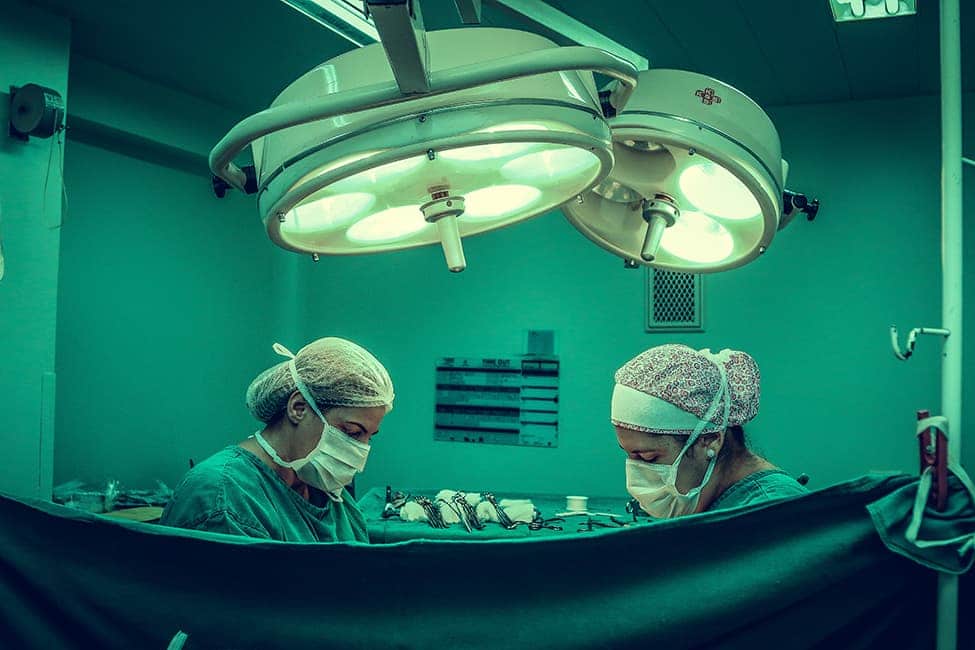Though most people are aware that they can become an organ donor upon their death, what many fail to realize is that there are actually a few organs they can donate while still alive.
The Health Resources & Services Administration (HRSA) shares that first is a kidney since you have two, but can survive with just one. You can also donate a portion of your liver (this organ is able to regenerate itself), or part of your lung, pancreas, or intestine, none of which regenerate, but still do not prevent you from being fully functioning.
Admittedly, deciding to be a living donor is a major decision, and one you shouldn’t enter into lightly. Therefore, if you’re thinking about donating an organ while still alive, here are a few factors to consider.
Your Physical Health
Before donating, the medical facility performing the transplant will put you through a host of physical tests. Among them are blood work, CT scans, chest x-rays, and more. If you have or previously had any major medical issues—such as diabetes, cancer, heart or kidney disease, or high blood pressure—you’ll likely be instantly ruled out.
Your Mental Health
Although living organ donation is a physical act, it can also impact you mentally. So, be prepared to speak with social workers, psychologists, and other mental health professionals during the pre-donation process. Not only do they want to ensure that you’re making the decision to donate from a good place mentally, but a thorough screening can also help identify any issues that could potentially negatively impact your experience, such as if you suffer from anxiety or depression.
Your Spirituality and/or Religion
Even if you are completely at ease with your decision to be a living donor, it’s not uncommon to face some trials and tribulations throughout the process. Ultimately, these can make you question whether donating is the right thing to do. It’s times like these that your spirituality and religion come into play. The more they are in agreement with and in support of the organ donation process, the better your experience will be.
Your Financial Stability
If you currently work for a living, it’s also important to consider the impact that living donation will have on your income while you recover. Not to mention, if you have to travel to donate, it could add quite a bit more expense. Unfortunately, most employers don’t provide paid leave for this type of procedure and the organ recipient is warned that covering any of your costs can potentially halt the transplant as it’s akin to “buying” an organ. This places the entire financial burden on you, unless the medical facility performing the procedure offers some type of assistance (and you qualify).
What Happens if the Transplant Isn’t Successful
Even with all of the testing conducted pre-transplant, there are times when the procedure isn’t as successful as everyone hoped. If this happens to you, how will you feel? Really think about your answer to this question so you know whether you could live with this type of outcome if it occurred with your recipient. If you couldn’t, you may want to pass.
Your Future Insurability
Although the Affordable Care Act was designed to make it illegal for health insurance providers to refuse to cover you due to a pre-existing condition, the National Kidney Foundation reports that some living organ donors have found it difficult to get life insurance at a reasonable cost (if they can get it at all). It may even nullify your current life insurance policy, so you’ll want to check that as well.
Your Risk of Death
Of course, the one major factor to consider before becoming a living donor is that anytime you are faced with a medical procedure, one possible outcome is death. Though most transplants are performed with no problems at all, this potential must still be considered. After all, even if your chances of dying during the donation are one in a million, to that one person, it’s a 100 percent certainty. If you’re not okay with taking this risk, regardless of how small it is, living organ donation likely isn’t for you.
















